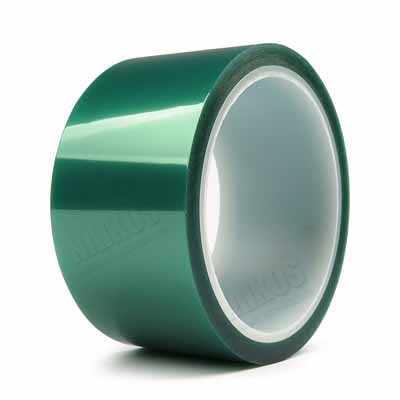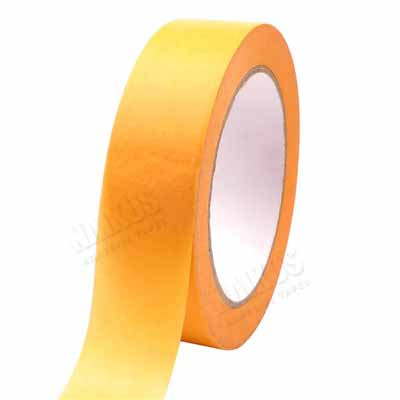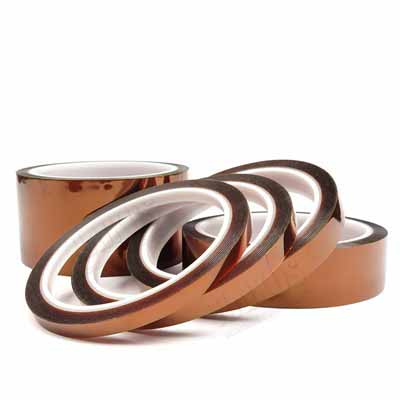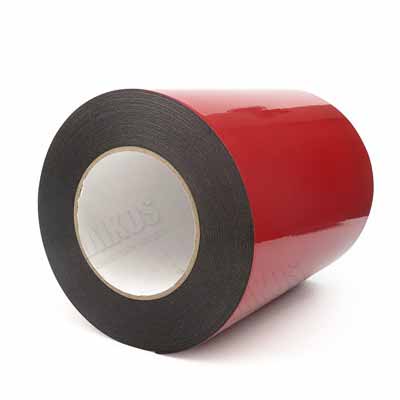Polyimide adhesive tape is a crucial part of any electrician's toolbox. It's known for its excellent adhesion properties and its high-temperature strength. It's also a self-extinguishing material that leaves nothing behind when it burns.
Polyimide tape that's bonded to a silicone-based pressure-sensitive adhesive, gives it the ability to stick to almost any surface. It's also extremely heat resistant, which is important for applications like masking during wave soldering.
The chemistry of polyimide is unique in that it's one of the strongest materials on the market. It can withstand temperatures up to 300degC, making it an excellent choice for many applications.
It's also a highly versatile material, which means it can be used in a number of ways. It's a great choice for electrical insulation on capacitors and transformers, as well as magnetic wire. It's also a vital tool for masking during wave soldering, as it protects the gold fingers from the heat of the reflow process.
Various types of polyimide adhesive tape are available, including single-sided and double-sided versions that use acrylic, epoxy, rubber, or silicone-based adhesives. Each type offers a different set of benefits.
If you've ever worked in the electrical industry, then you'll know that polyimide is an essential piece of equipment. It's often referred to as Kapton tape or adhesive Kapton and is a key component of any electrician's kit.
China Heat Resistant Tape supplies polyimide tape in a variety of thicknesses and widths. The company specializes in high-quality, low-cost, and customizable products that fit the needs of its customers.
Our standard HT version is suitable for applications up to 260degC/500degF but can be customized to meet specific needs. The HT version uses a special grade of silicone adhesive to increase its temperature resistance.
Insulation, Chemical Resistance & More
Polyimide tape is an amber-colored, transparent, high-temperature-resistant film with a pressure-sensitive silicone adhesive on each side. It is a popular alternative to copper-clad tape for electrical applications because it has exceptional resistance to thermal shock.
It's easy to work with, thin and conformable, and can be easily removed without leaving adhesive residue. This makes it a great choice for a wide range of applications in the automotive and aerospace industries.
The main difference between acrylic-based and silicone-based polyimide tapes is that the former is typically a little cheaper.
Silicone-based polyimide adhesive tape is often used for electrical and chemical applications because it's more affordable than its acrylic counterpart. It's also a bit more durable than the acrylic option and is a good choice for reflow processes, such as lead-free soldering.
This is because it has strong hydrogen bonds that form at very high temperatures, making it a good choice for many high-temperature applications. It also has a variety of other benefits, such as its insulating and chemical-resistant properties.




